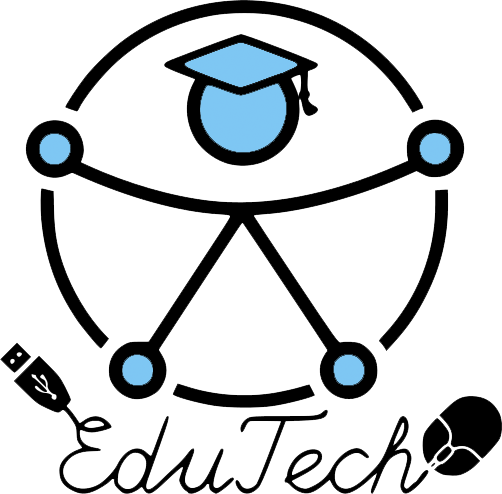Technological accessibility assistance in Virtual Higher Education / EduTech
The project "Technological Assistance to Accessibility in Virtual Higher Education (EduTech)" falls within the Erasmus+ programme in its Key Action 2: Cooperation for Innovation and the Exchange of Good Practices. The action is aimed at supporting the modernization, accessibility and internationalization of higher education in partner countries by contributing to their sustainable and inclusive socio-economic development and growth.
The project arises to alleviate the problem of the application of technological accessibility in Higher Education Institutions. These institutions in Latin America have limitations on both governance and resources for the implementation of institutional disability management strategies. One of the actions to be highlighted in the project is that aimed at the training of students from their entry to their job insertion and the training of teachers in the field of accessibility in education.
In general EduTech seeks to improve Virtual Higher Education Accessible through the establishment of a Technological Accessibility Unit in IES, which are advisory units on accessibility in higher education. The purpose of these units is the application of good accessibility practices applied to both students and teachers.
As the most important results of the project we will have a compendium of guides on accessibility, the development of accessible open learning resources, accessibility support tools for teachers and students, accessible open courses contemplating universal design for learning, etc. As an impetus to research, a network of cooperation will be created that will allow the exchange of good practices and success stories. Project results will be available through a series of publications in high-impact conferences and magazines.
In the long term, the results of the project could promote the educational and employment insertion of students with disabilities by providing them with adequate training, fostering knowledge and social coexistence
. EduTech seeks to improve Virtual Higher Education Accessible through the construction of management capabilities through the establishment of a technological accessibility unit in IES that promotes the training of those involved in the teaching-learning process and promotes the improvement of inclusion of students with disabilities.
Objectives
(O1) Helping Higher Education Institutions (IES) of America (AL) and Europeans in the establishment of technological care units accessibility, replicable and adaptable according to the characteristics of the institutions, and train the staff involved in such care units.
(O2) Create an Accessibility Volume, made up of six guides about the main accessibility issues:
- (G1) Implementation guide technology accessibility management units in IES;
- (G2) Technical guide for campus accessible and adaptive virtual ones for the implementation of e-learning;
- (G3) Technical guide to creation management of learning resources, open learning resources (OERs) and Accessible MOOCs;
- (G4) Guide to self-assessment accessible virtual quality;
- (G5) Training guide in accessibility of staff involved in the learning teaching process.
- (G6) Practical guide to development of virtual courses in the skills development for people with disabilities: a focus on employment inclusion.
(O3) From the guides drawn up in Objective 2, develop a number of accessibility support tools to help teachers and students, such as accessibility plugins for Moodle, repositories of accessible learning resources and OERs, tools for facilitate the creation of accessible learning resources through the insertion of accessibility metadata, etc.
(O4) Improving technology infrastructure and management capabilities IES partners for Accessible Virtual Higher Education.
(O5) Improving the job and educational insertion of students with disability through the development of work skills through the use of simulators.
(O6) Ensuring the sustainability of the EduTech project after the completion, through the development of skills and a set of Tools. In addition, cooperation networks will be created to create and/or strengthen existing research groups in this area of Research.
Organizations participating in the project:
- Universities of program countries:
- University of Alcalá (UAH) (Spain), Salvador Otón Tortosa coordinator
- Stfold University College (HioF) (Norway)
- University of Alicante (UA) (Spain)
- Universidade Aberta (UAb) (Portugal)
- Universities of associated countries:
- Salesian Polytechnic University (UPS) (Ecuador)
- Azuay University (UDA) (Ecuador)
- Universidad Veracruzana (UV) (Mexico)
- Aguascalientes Institute of Technology (ITA) (Mexico)








